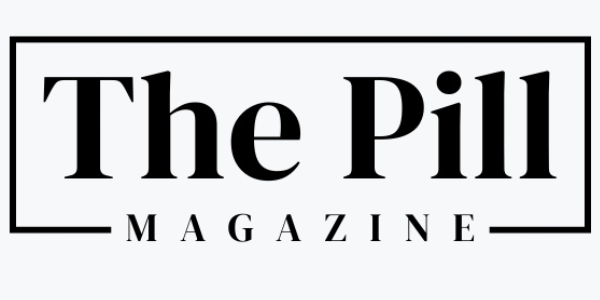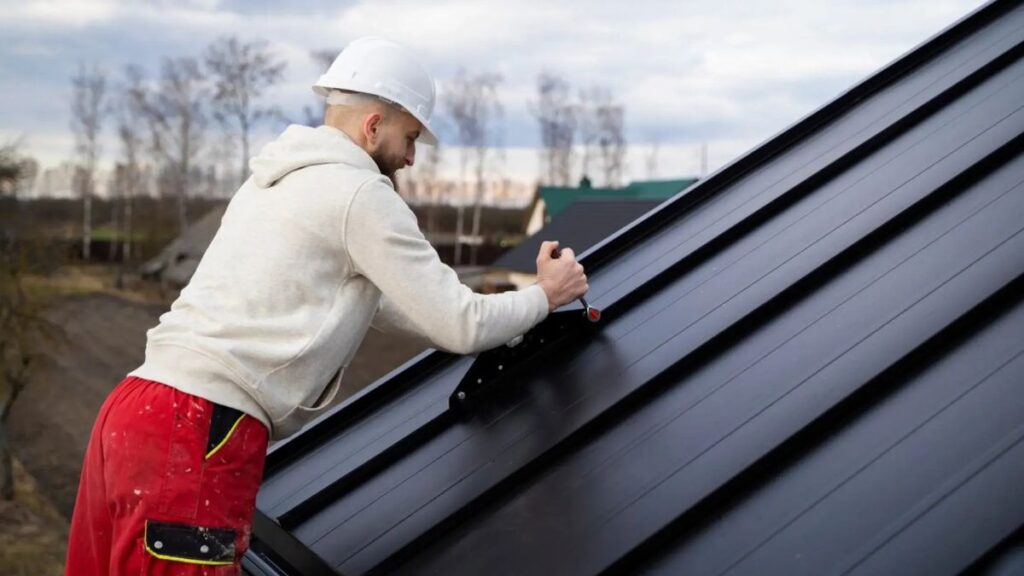Regular roof inspections are an essential part of maintaining any commercial property. They help identify potential issues early, such as leaks, drainage problems, or damaged materials, before they escalate into costly repairs or structural damage. A well-maintained roof also supports energy efficiency and enhances the overall safety and longevity of the building, protecting valuable assets and ensuring business operations continue without disruption.
Partnering with experienced professionals ensures that every inspection is thorough and accurate. Skilled experts, such as commercial roofing contractors St Louis County MO, are trained to detect signs of wear, weather damage, or aging materials that may not be obvious to the untrained eye. Their expertise helps property owners make informed decisions about maintenance, repairs, and long-term roofing strategies that preserve both function and value.
Early Detection of Roof Issues
Regular roof inspections are crucial for detecting minor problems, such as leaks, pooled water, and loose flashing, early on. Skilled inspectors can identify these issues, enabling business owners to apply affordable solutions before they result in significant water damage and disruptions. Proactive maintenance not only prolongs the lifespan of roofing systems but also reduces overall costs. Additionally, routine inspections create a repair history, which assists with budgeting and resource planning for future needs.
Extending Roof Lifespan Through Maintenance
Properly maintaining commercial roofs significantly prolongs their lifespan, often surpassing the expectations set by manufacturers. Regular inspections, especially after severe weather, are crucial for identifying and addressing small issues promptly, thereby preventing costly repairs or replacements later. Routine maintenance is a smart financial choice, as it lowers operational costs, reduces tenant disruptions, and lessens environmental impact. Additionally, preventative maintenance tends to be more cost-effective than fixing major leaks or replacing the roof altogether, providing property owners with better budget control.
Impact on Energy Efficiency
The state of a commercial roof significantly impacts energy efficiency by either maintaining or compromising the thermal envelope through gaps or cracks, which can lead to increased utility bills. Regular inspections and upkeep are vital for businesses to control costs and achieve sustainability goals. The U.S. Department of Energy highlights how roof condition impacts energy use, noting that proper insulation reduces heating and cooling expenses, eases the workload of HVAC systems, and improves indoor air quality. Additionally, energy-efficient roofing can qualify for tax credits and showcase eco-friendly initiatives. For roofs with cool materials or reflective coatings, regular maintenance is crucial to maintain their performance over time.
Ensuring Occupant Safety
Regular roof inspections in commercial buildings are crucial for ensuring occupant safety and preventing hazards, including leaks and structural failures. These checks help meet legal and insurance standards while safeguarding personnel and assets. Regular assessments help reduce risks such as slips, falls due to water intrusion, and potential collapses, thereby emphasizing safety and risk mitigation. Neglecting inspections can increase liability, particularly in busy areas or where sensitive equipment is stored.
Protecting Warranties and Investments
Many commercial roof warranties mandate regular inspections and prompt reporting of issues to stay valid. Failure to comply may result in denied claims, leaving owners responsible for the repair expenses. Keeping detailed records of inspections and maintenance is essential, as it secures the warranty, preserves property value, and reassures stakeholders. Routine inspections help address warranty concerns promptly and can enhance the property’s resale value, demonstrating responsible ownership to future buyers or tenants.
Conclusion
Regular roof inspections promote the health, safety, and efficiency of commercial buildings by detecting issues early, prolonging roof lifespan, and optimizing energy use. They are a cost-effective solution for owners, helping to maintain operational integrity, enhance property value, and ensure budget predictability. Additionally, they offer peace of mind and support a responsible reputation.






